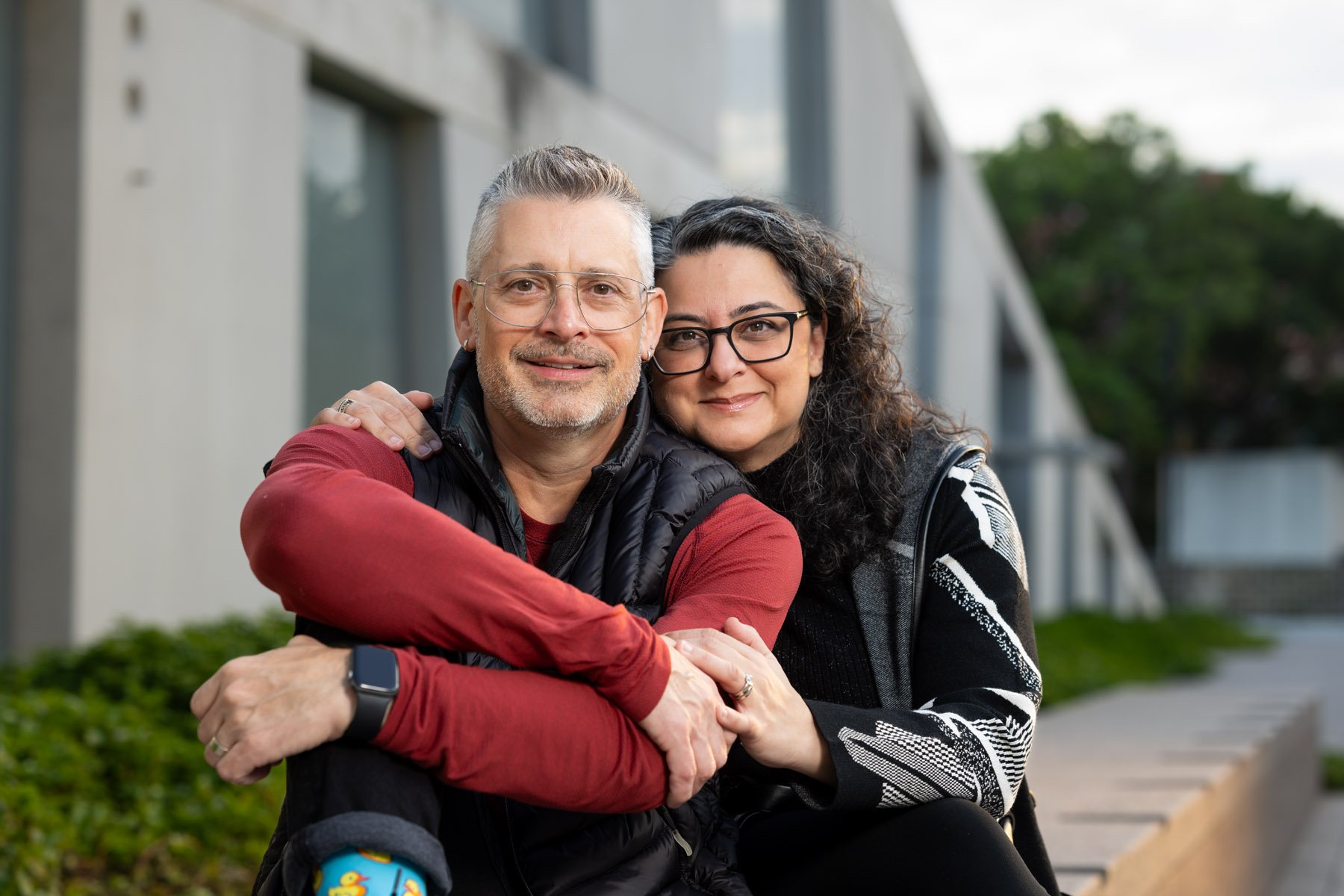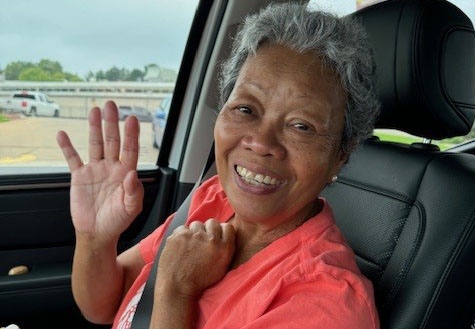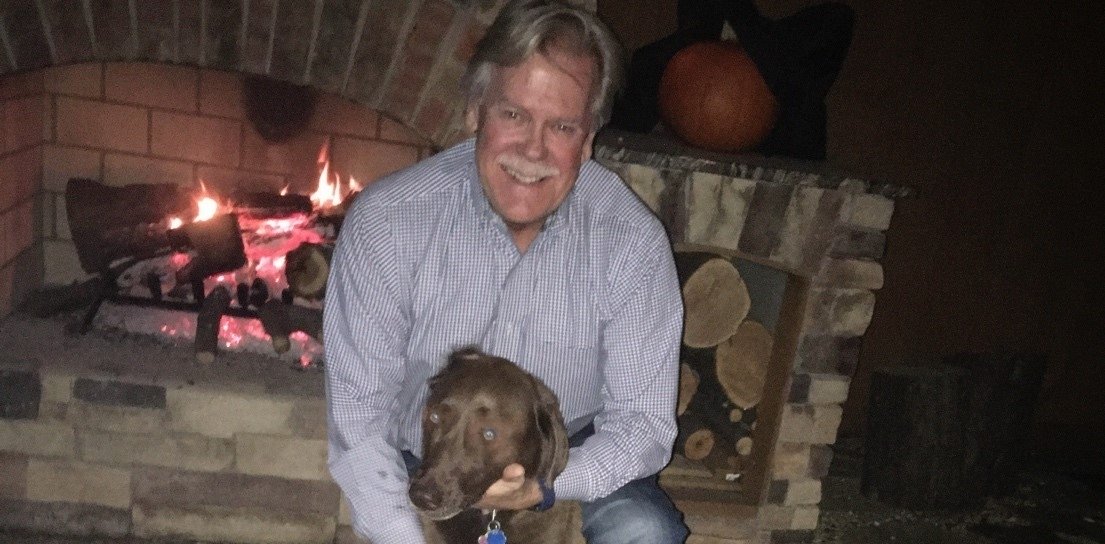- Diseases
- Acoustic Neuroma (14)
- Adrenal Gland Tumor (24)
- Anal Cancer (66)
- Anemia (2)
- Appendix Cancer (16)
- Bile Duct Cancer (26)
- Bladder Cancer (68)
- Brain Metastases (28)
- Brain Tumor (230)
- Breast Cancer (718)
- Breast Implant-Associated Anaplastic Large Cell Lymphoma (2)
- Cancer of Unknown Primary (4)
- Carcinoid Tumor (8)
- Cervical Cancer (154)
- Colon Cancer (164)
- Colorectal Cancer (110)
- Endocrine Tumor (4)
- Esophageal Cancer (42)
- Eye Cancer (36)
- Fallopian Tube Cancer (6)
- Germ Cell Tumor (4)
- Gestational Trophoblastic Disease (2)
- Head and Neck Cancer (6)
- Kidney Cancer (124)
- Leukemia (344)
- Liver Cancer (50)
- Lung Cancer (288)
- Lymphoma (284)
- Mesothelioma (14)
- Metastasis (30)
- Multiple Myeloma (98)
- Myelodysplastic Syndrome (60)
- Myeloproliferative Neoplasm (4)
- Neuroendocrine Tumors (16)
- Oral Cancer (100)
- Ovarian Cancer (170)
- Pancreatic Cancer (164)
- Parathyroid Disease (2)
- Penile Cancer (14)
- Pituitary Tumor (6)
- Prostate Cancer (144)
- Rectal Cancer (58)
- Renal Medullary Carcinoma (6)
- Salivary Gland Cancer (14)
- Sarcoma (236)
- Skin Cancer (296)
- Skull Base Tumors (56)
- Spinal Tumor (12)
- Stomach Cancer (60)
- Testicular Cancer (28)
- Throat Cancer (90)
- Thymoma (6)
- Thyroid Cancer (98)
- Tonsil Cancer (30)
- Uterine Cancer (78)
- Vaginal Cancer (14)
- Vulvar Cancer (18)
- Cancer Topic
- Adolescent and Young Adult Cancer Issues (20)
- Advance Care Planning (10)
- Biostatistics (2)
- Blood Donation (18)
- Bone Health (8)
- COVID-19 (362)
- Cancer Recurrence (120)
- Childhood Cancer Issues (120)
- Clinical Trials (628)
- Complementary Integrative Medicine (24)
- Cytogenetics (2)
- DNA Methylation (4)
- Diagnosis (230)
- Epigenetics (6)
- Fertility (64)
- Follow-up Guidelines (2)
- Health Disparities (14)
- Hereditary Cancer Syndromes (124)
- Immunology (18)
- Li-Fraumeni Syndrome (8)
- Mental Health (118)
- Molecular Diagnostics (8)
- Pain Management (62)
- Palliative Care (8)
- Pathology (10)
- Physical Therapy (18)
- Pregnancy (18)
- Prevention (898)
- Research (392)
- Second Opinion (74)
- Sexuality (16)
- Side Effects (604)
- Sleep Disorders (10)
- Stem Cell Transplantation Cellular Therapy (216)
- Support (404)
- Survivorship (322)
- Symptoms (184)
- Treatment (1776)
Head and neck cancer survivor: 5 ways I made treatment easier
3 minute read | Published September 10, 2021
Medically Reviewed | Last reviewed by an MD Anderson Cancer Center medical professional on September 10, 2021
In August 2019, I noticed a small lump on the right side of my neck while shaving. I immediately thought to myself that this was not normal.
I did not want to waste any time. I made an appointment that same day with my family doctor, who referred me to an ear, nose and throat specialist for a biopsy.
That is when I found out I had a rare throat cancer called hypopharynx cancer. This type of cancer affects the bottom of your throat. I don’t have a history of cancer in my family, so I was completely shocked to hear the news.
Choosing MD Anderson for hypopharynx cancer treatment
After several visits with my local oncologist, I did not feel good about my treatment plan. My wife, sister and youngest daughter all agreed that I needed to look for a second opinion. My daughter is a nurse, so she helped me research treatment options.
I knew that MD Anderson was a national leader in treating head and neck cancers, and they offered proton therapy. When treating head and neck cancers, proton therapy minimizes the radiation dose to vital structures such as the eyes, mouth and brain. So, I made an appointment, then made the trip from Iowa to Houston.
Once I became a patient at MD Anderson, I immediately trusted my care team. That trust grew stronger at each appointment.
My care team included many doctors, as well as therapists nurses and even the speech pathology team. I underwent eight weeks of chemotherapy under the care of Charles Lu, M.D. After that, I had six-and-a-half weeks of concurrent proton therapy and chemotherapy under the care of Steven Frank, M.D.
My side effects from chemotherapy and proton therapy were fairly minimal. I lost my voice during treatment and continue to take speech therapy to improve my scratchy voice. I also had pain while swallowing due to the tumor and treatment location. My head and neck care team gave me throat exercise recommendations that helped a lot. My pain improved a few weeks after treatment ended.
Ways I made cancer treatment easier
Now that I am done with cancer treatment and my life is getting back to normal, I want to share with others the things that helped me the most. Hopefully, these will help someone else facing cancer.
- Use your support system. This can be friends or family. There is so much information given during appointments using medical terms. I had family members on a conference call with me during my doctor visits. They would help me remember what I was told about upcoming procedures or tests.
- Get organized. Keep your medical records together and be prepared at appointments. I found it helpful to make a list of questions, keep track of medications and care team recommendations.
- Do not put anything off until later. If you need to find housing, do it now. MD Anderson helped me find a place to stay close to my treatment buildings. Finding a place to live in Houston was a big relief before I started treatment.
- Make a weekly to-do list. I felt relieved when I checked things off my to-do list. This helped me start each week with a clean slate, so I had less to worry about and could focus on cancer treatment.
- Don't sit around and worry. Get out and walk or exercise. This helped me tremendously. I believe that having a consistent exercise routine helped me recover faster.
My last treatment was in Jan. 2021. We decided to stay in Houston for three more weeks before moving home. This gave me time to heal and see my doctors a few extra times. By the time I got back to Iowa, I was feeling good.
MD Anderson not only guided me through cancer treatment; they gave me the feeling of trust in my healing and recovery.
Request an appointment at MD Anderson online or by calling 1-855-977-9172.
Related Cancerwise Stories

I immediately trusted my care team.
John Sullivan
Survivor





